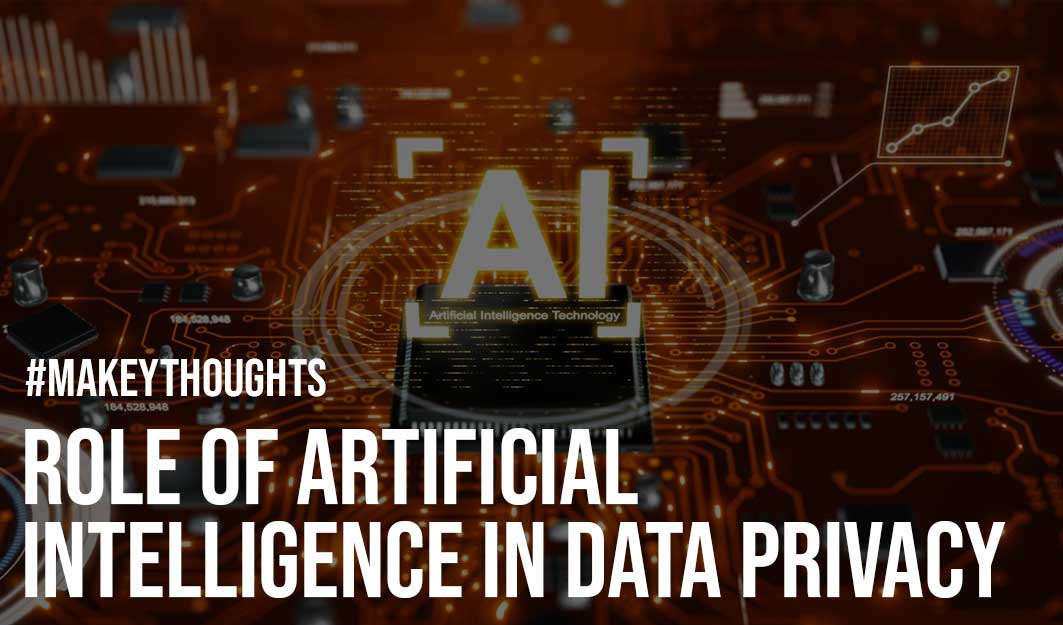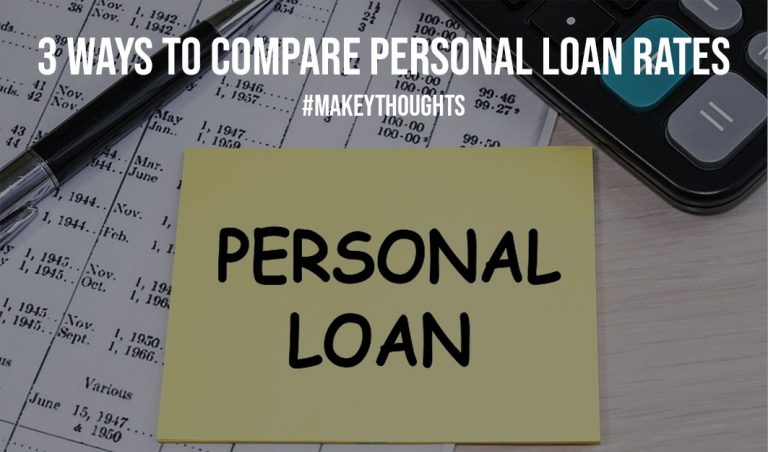Role of Artificial Intelligence in Data Privacy
The advancement of technology has always been met with mixed reactions. Some people see the potential for good, while others fear the implications.
The debate is heating up regarding artificial intelligence (AI).
On the one hand, some believe that AI represents a new level of human evolution and can be used for great good. On the other hand, some worry about how AI will be used to invade our privacy and control our lives.
In this blog post, you will explore the role of AI in data privacy and discuss both sides of the argument. Learn more about AI solutions at https://tripleblind.ai/.
What Is Artificial Intelligence?
Artificial Intelligence describes the ability of a computer program or machine to think and learn. It has been characterized in many ways, but the process mainly entails making a computer system “intelligent”, which means comprehending complex activities and performing complicated instructions. AI is a subfield of computer science that focuses on the creation and development of intelligent computer systems.
AI research aims to build systems that can reason, solve problems, and make decisions like humans. The systems are used in various applications, including Google’s search engine, medical diagnosis, and Facebook’s newsfeed. However, AI also has its critics, who warn that the technology could be used to control and manipulate people.
Also Read: Mobile Security: Android vs. iOS – Which One Is Safe?
Importance of Data Privacy in Businesses
Data privacy ensures that personal information is collected, used, and disclosed to meet the individual’s expectations and does not cause them harm. It is a fundamental right that all individuals have, whether customers, employees or business partners.
There has been a growing concern about how businesses collect, use, and disclose personal data in recent years. Many businesses have increasingly been collecting large amounts of data about individuals, often without their knowledge or consent.
This has led to several high-profile data breaches, where personal information has been leaked or stolen. Hence, there is a growing demand for businesses to take data privacy seriously and put measures to protect people’s information.
Businesses can do this in several ways, but artificial intelligence is one of the most important. AI can help businesses collect, use, and disclose personal data in a way that is safe and compliant with data privacy laws.
AI can also be used to protect privacy. For example, AI-powered software can be used to encrypt data so that unauthorized individuals cannot access it. This is important for ensuring the security of sensitive information, such as medical records or financial details.
Another way AI can protect privacy is by identifying information that is not supposed to be shared. For example, the process can detect when personal information is being shared without the individual’s consent. It is crucial for preventing identity theft and protecting people’s privacy.
Finally, AI can be used to help individuals control their data. For example, there are now AI-powered “digital assistants” that can help people manage their online activity and control what information is shared.
Role of AI in Data Collaboration
Data collaboration is sharing information between two or more parties to achieve a common goal. It can be a powerful tool for businesses, government agencies, and other organizations, allowing them to pool resources and expertise to solve complex problems.
However, data collaboration can also be challenging, as it requires careful planning and coordination to ensure that all stakeholders have the necessary access and permissions.
Artificial intelligence (AI) has emerged as a potential solution for streamlining data collaboration in recent years. AI-powered tools can help users automatically organize and classify data and identify patterns and trends.
Additionally, AI can be used to create virtual assistants that can help manage data collaboration projects and reduce the likelihood of errors. As data collaboration becomes increasingly essential, AI will play a vital role in making it more efficient and effective.
Also Read: 3 Ways Hackers Steal Our Data Online
AI Tools and Solutions Used for Data Privacy and Collaboration
Some of the most popular tools and solutions include:
- Data Encryption: Data encryption transforms readable data into an unreadable format. It prevents unauthorized individuals from accessing sensitive information.
- Data Anonymization: Data anonymization entails removing personally identifiable information from data. It makes it difficult to identify individuals from the data.
- Identity Management: Identity management is managing and protecting digital identities. This tool can be used to prevent identity theft and fraud.
- Access Control: Access control is all about restricting access to data. It can be used to prevent unauthorized individuals from accessing sensitive information.
These are just a few AI tools and solutions that can be used for data privacy and data collaboration. It is essential to be aware of the potential implications of AI before using it. Otherwise, you could end up sacrificing your privacy without even realizing it.



